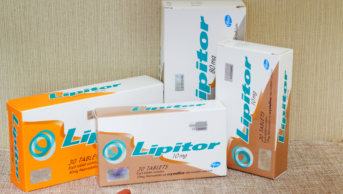The European Medicines Agency (EMA) has taken over responsibility for screening selected medical literature for suspected adverse drug reactions (ADRs) associated with certain drug substances. Previously, it was down to pharmaceutical companies to scour the literature and to report any suspected ADRs to EudraVigilance, the EU’s pharmacovigilance database.
The new service is being offered to pharmaceutical companies to help them meet their reporting obligations under EU pharmacovigilance regulations. The EMA believes the new system will improve safety monitoring and reduce the duplication of ADR reports made because active substances are included in more than one medicine.
The agency has published a list of the 400 substance groups that it will monitor and the medical literature that it will screen as part of the service, which is focusing on substances that are contained in lots of medicines. The service, which is being outsourced by the EMA, will start with a limited number of active substances on 1 July 2015 and is expected to be fully operational by September 2015.
Databases of medical literature covered by the service include EMBASE, an indexed biomedical reference database that is updated daily, and EBSCO, which includes Medline Plus, International Pharmaceutical Abstracts (IPA) and the Allied and the Complementary Medicine Database (AMED). Pharmaceutical companies will continue to be responsible for monitoring all other medical literature and for monitoring drug substances not included in the service and reporting any suspected ADRs identified.


